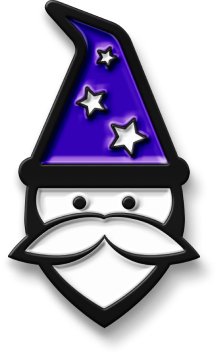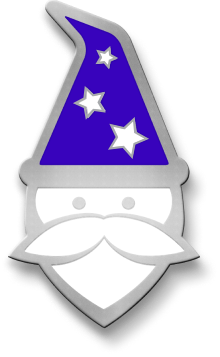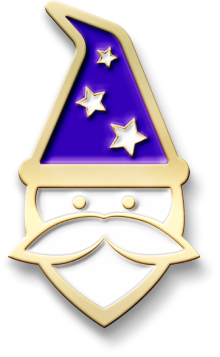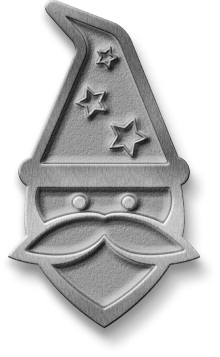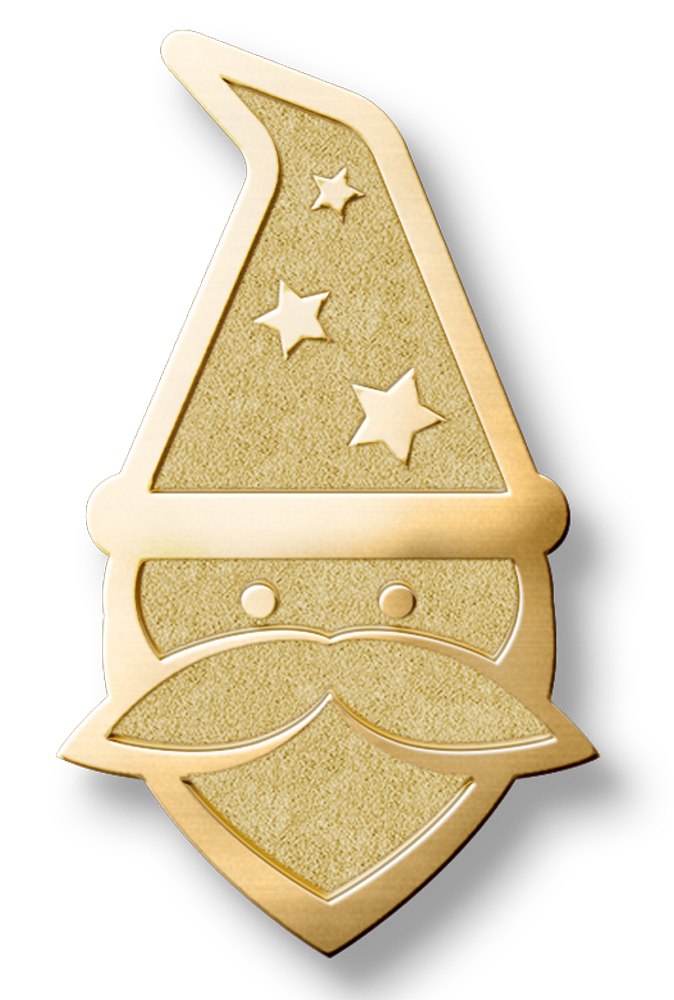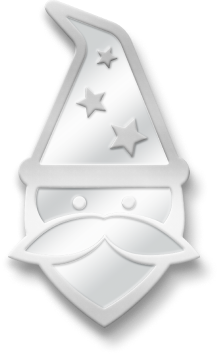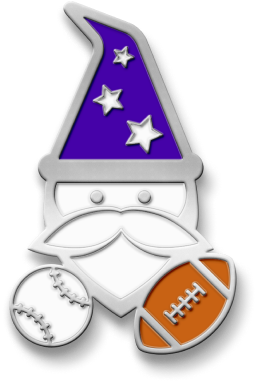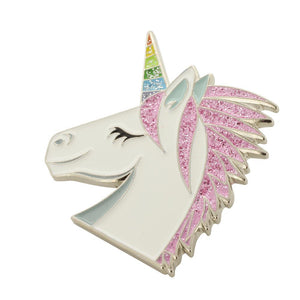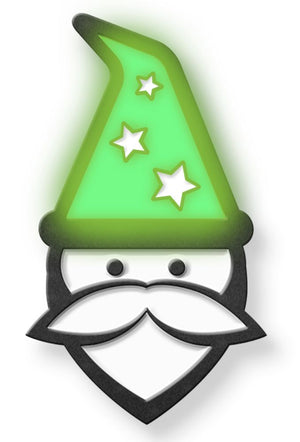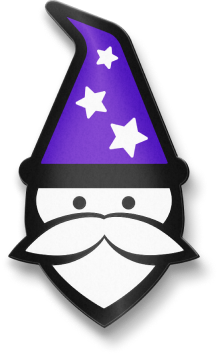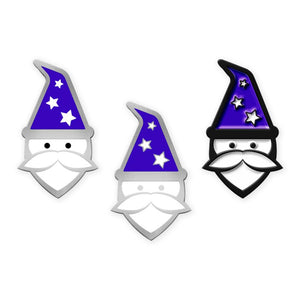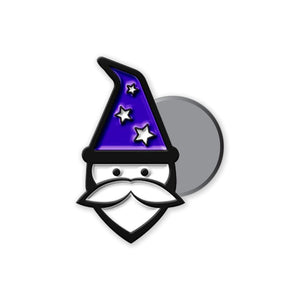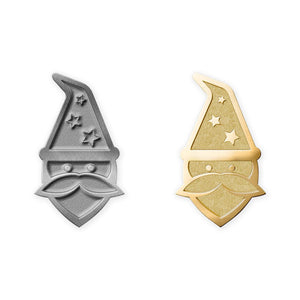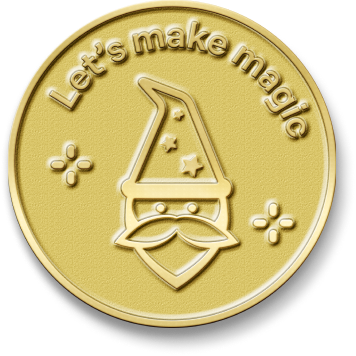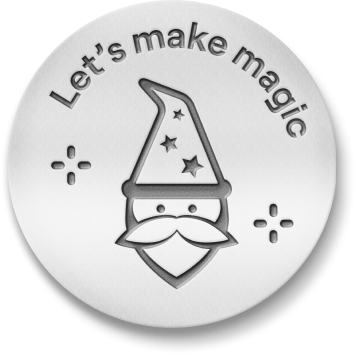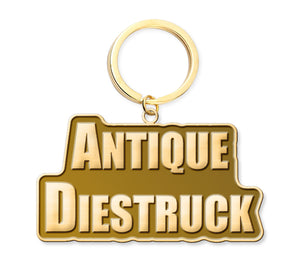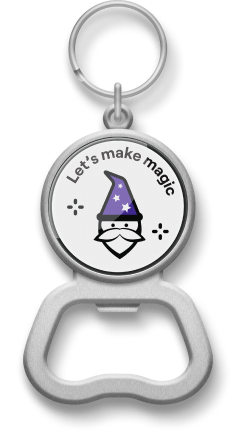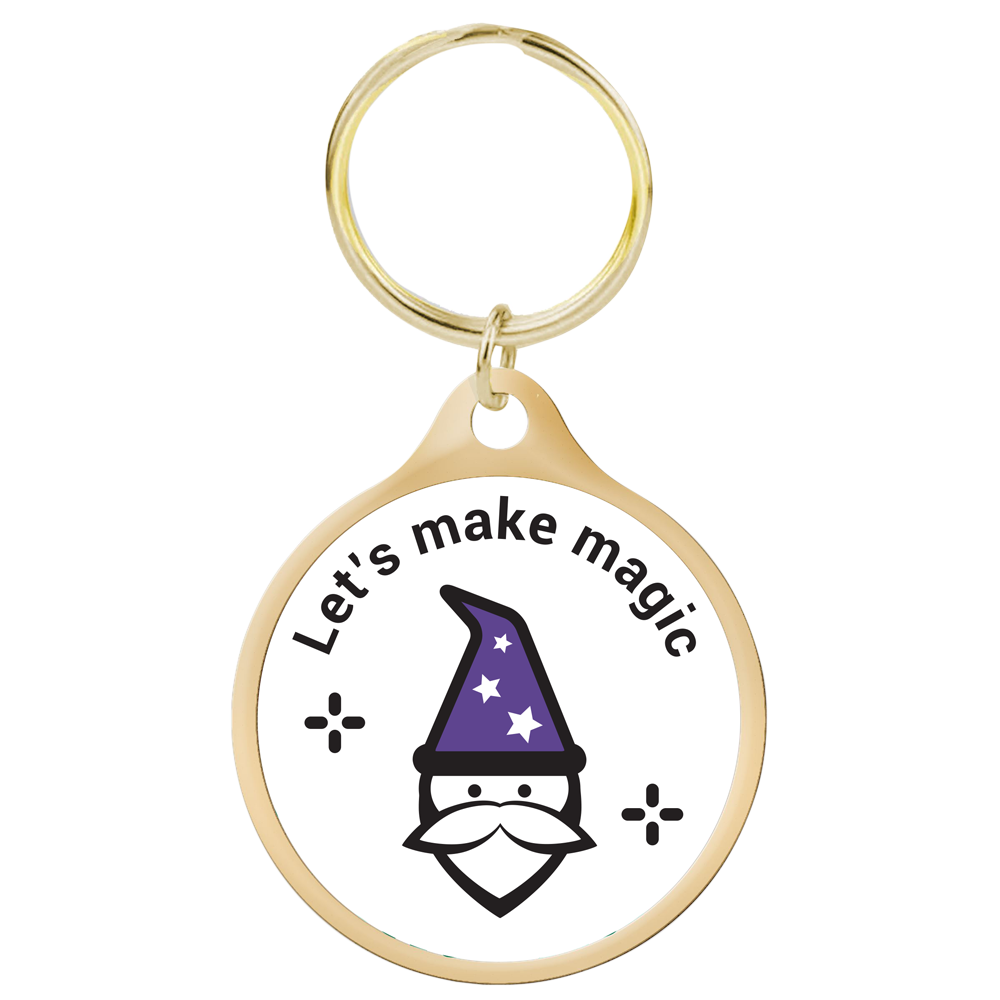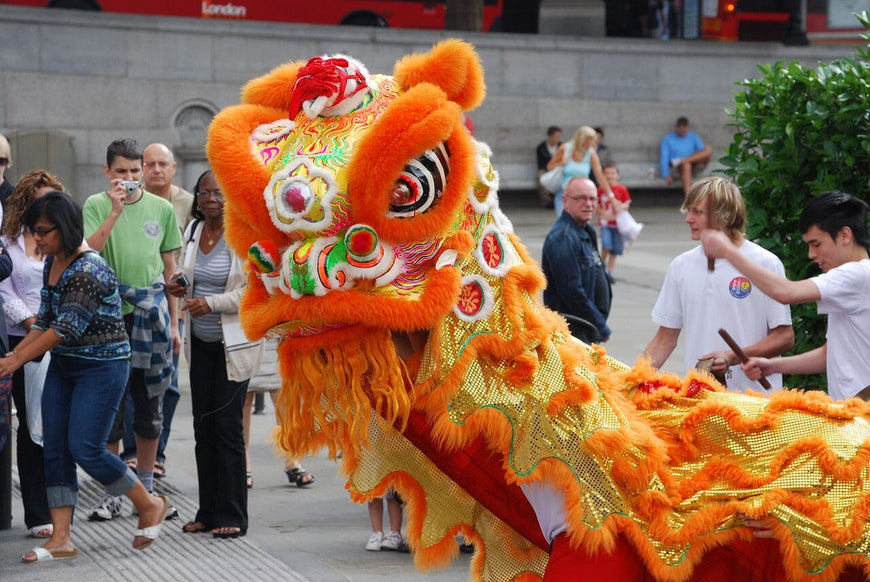Dragons are one of the oldest deities in Chinese culture, with the symbol appearing on pottery as early as 4,500 BCE. The Chinese dragon is incredibly powerful, bringing thunder and lightning when it flies, making it rain during a drought, and controlling floods and typhoons. Some legends indicate there were four Dragon Kings, each one the master of a major Chinese sea, and each believed to control wind and rain. People worshipped them, offered sacrifices to them, and prayed to them to stop floods, droughts, and other natural disasters. Many also believed that the emperors were descended from the dragons. Over time, the dragon became an important part of the emperor's robe and represented the need for a wise ruler to adapt and change.
Mythology
According to some early myths, dragons were present at the creation of the earth. Other early myths indicate that early Chinese tribes believed they were protected by animal spirits, which they worshiped on totems. When they began fighting against one another, they decided to make a new spirit that would protect all of them. They used pieces of different animals to create their dragon, so they're described as having features like a camel's forehead, an eagle's claws, a snake's body, a stag's horn, and a frog's belly. Other legends hold that the Chinese dragon originated from the carp, which may be why water is so prevalent in the myths associated with the dragon. In some myths, the Eastern dragon can transform into another creature, and in others, it can talk.
Over time, the Chinese dragon myths spread to other Asian nations, although the dragon's form, powers, and meaning changed as it spread. The Eastern dragon changed as it made its way through history. Even today there are still some temples for the Dragon Kings, where people go to worship them and ask for good weather, good fishing, or good harvests. Dragons also play a role in many cultural celebrations, including the Chinese New Year.
Chinese Zodiac
The Chinese Zodiac dates back at least 2,000 years and the calendar on which it is based dates back as far as 2637 BCE. Even today it plays a major role in Chinese culture since it helps track the 12-year calendar cycle and was used to count years, months, days, and even hours. Each of the 12 animals of the Zodiac represents a different animal that's part of Chinese folklore. In one story, the creatures in the Zodiac were those that won a race celebrating the Emperor's birthday. The rat, the winner of the race in the story, represents the beginning of the cycle. Based on Chinese astrology, people are assigned a Zodiac symbol based on the year they were born, the day they were born, and the hour they were born. Even Chinese people look to the Zodiac for advice, like the people they are most compatible with. Sometimes, people may make assumptions about a person's personality based on their zodiac sign. Some parents also choose which year they want to have a baby because of the zodiac sign their child would be born under.
The Dragon is the fifth animal in the Zodiac cycle. According to the legend, it didn't come in first, despite its ability to fly, because it helped other creatures along the way. Dragon people under the Chinese zodiac are considered honest and generous, but they can also be aggressive in the right situations. Some famous Dragons include Joan of Arc, Bruce Lee, Jeff Bezos and Martin Luther King Jr.
Symbolism
Chinese dragons symbolize male power because of their superior strength. They also symbolize nobility, in part because so many emperors have chosen dragons as their personal symbol. Dragons also symbolize agriculture, kindness, and good luck. Apart from those things, dragon colors can also be symbolic. For instance, red dragons symbolize good fortune, which is why it's a custom to wear red at weddings. White, while it symbolizes purity, is also a bad omen as it's linked to death and mourning. The yellow dragon is associated with warmth, wealth, wisdom, and good fortune. The black dragon is associated with revenge. Blue and green dragons symbolize nature, health, and tranquility. Gold dragons are linked with power, prosperity, wealth, and good harvests.
Each type of dragon also carries its own symbolism. For instance, winged dragons symbolize rain and floods. The coiling dragon controls time, and the underworld dragon controls rivers, streams and seas. The horned dragon, one of the most powerful dragons, also controls the rain, but it's sometimes seen as evil. The yellow horned dragon was also part of the Emperor's robe and became a symbol of the strength of the empire.
The ancient people of China absolutely believed in the existence of the dragon, which is why it was such a prevalent symbol and how it came to represent China.
The Chinese dragon plays an important role in Chinese culture. The myths and legends are replete with symbolism and they have helped shape a nation. Full of mystery and wonder, the Dragon plays an ongoing role in modern culture and even now, dragon myths and legends from Ancient China are retold as movies and stories.
